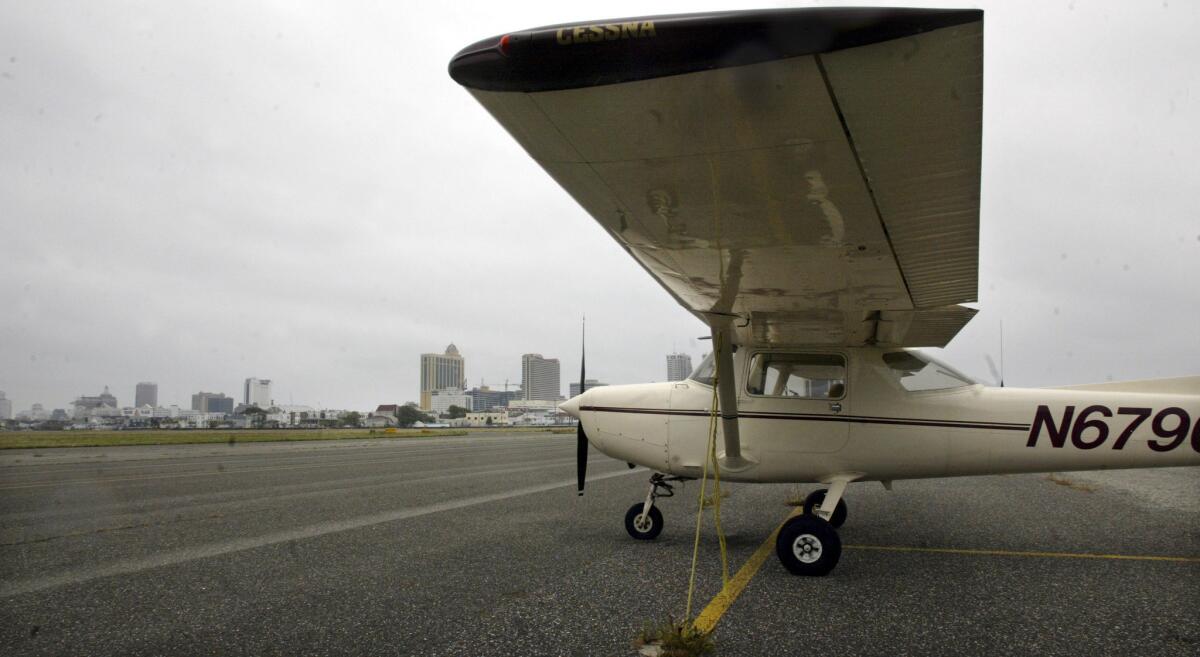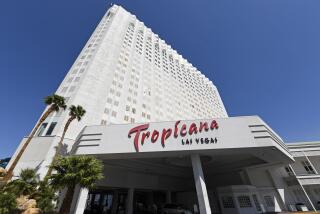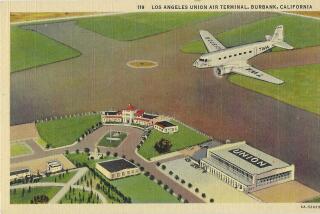The world’s first ‘airport’ up for auction as Atlantic City tries to pay its bills

A private plane at Bader Field in Atlantic City, N.J., in 2004. Now closed, the first facility to be called an “airport” is being auctioned off by the city.
- Share via
Reporting from ATLANTIC CITY, N.J. — The first aviation facility in the world to be called an “airport” is going on the auction block.
The Atlantic City Council on Wednesday voted to auction Bader Field to help relieve some of the New Jersey resort’s crushing debt. The 143-acre site has been closed for nearly a decade.
The minimum bid when the site goes to auction on June 17 will be $155 million, and the money from the sale would go toward paying down the city’s $437-million debt.
The price is considerably less than the $1.5 billion the city sought when it first put the field up for sale in 2008. Pennsylvania-based casino company Penn National offered $800 million, but the city held out.
The city’s fortunes soon crashed amid competition from casinos in neighboring states and the recession.
Bader Field, which closed in September 2006 after 96 years of aviation use, gave the world the term “airport” when a local reporter used the word in a 1919 article.
In 1910, it was the scene of the first attempt to cross the Atlantic Ocean by air, 17 years before Charles Lindbergh would succeed. Walter Wellmann lifted off in the dirigible “America,” only to ditch off Cape Hatteras, N.C., when a storm hit shortly afterward.
Entertainers bound for boardwalk ballrooms, business travelers and even U.S. presidents regularly flew in and out of Bader Field, but it remained the domain of small planes and private pilots; bigger jets landed at Atlantic City International Airport about 9 miles away.
Bader Field is where the Civil Air Patrol was founded shortly before the Pearl Harbor attack in 1941. But a series of fatal plane crashes soured city officials on its use. The control tower was shut down in 1989 and it stopped selling fuel in 1993. Just before the shutdown, fewer than 30 planes a day used it.
MORE: Get our best stories in your Facebook feed >>
ALSO
As home-sharing grows, hotels start to worry
Two active Southern California faults could cause a Big One by rupturing together
A chance conversation led to the O.J. Simpson knife frenzy, attorney says
More to Read
Sign up for Essential California
The most important California stories and recommendations in your inbox every morning.
You may occasionally receive promotional content from the Los Angeles Times.










